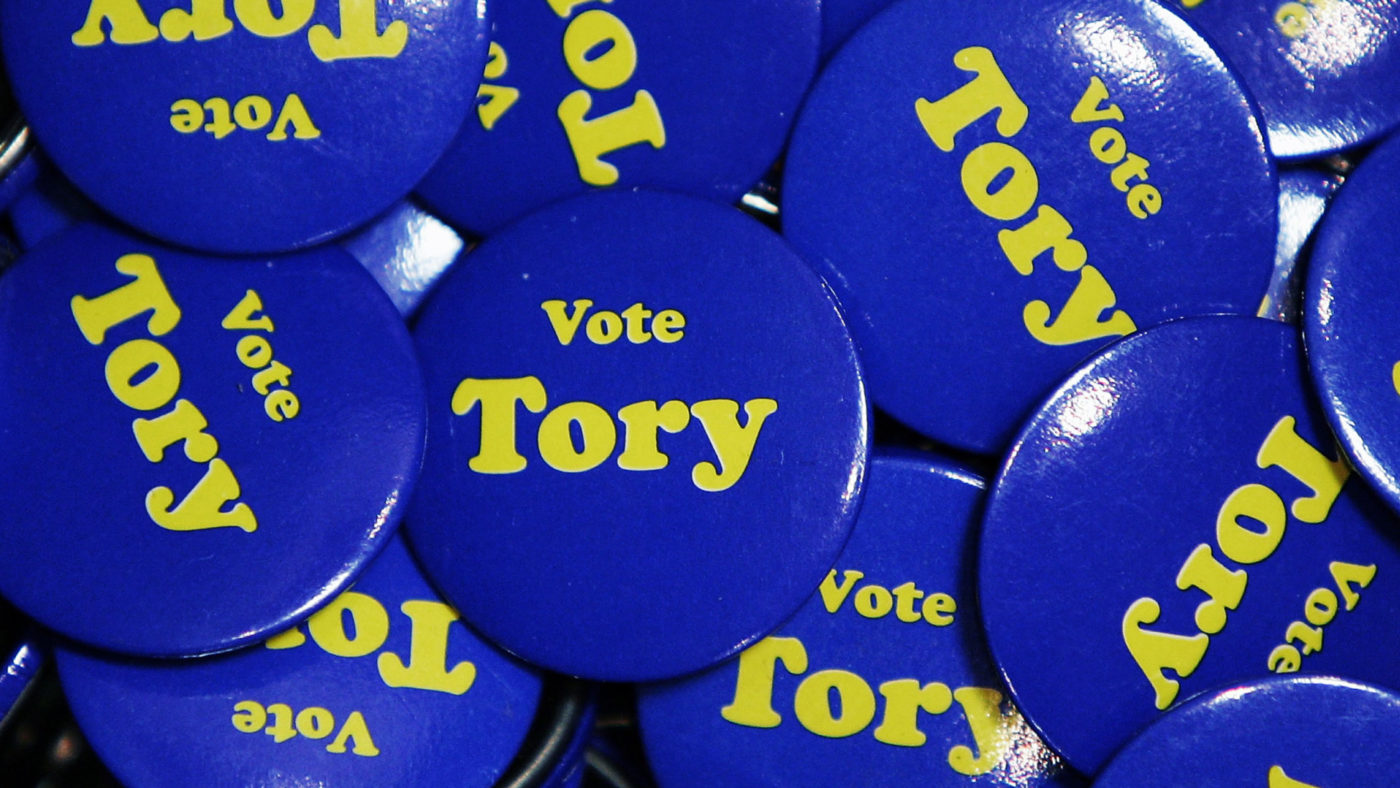Search every nook and cranny of Westminster and you will struggle to find a Conservative who is happy with the status quo. Not necessarily because they are, depending on their views, either dismayed by Brexit or dismayed by the attempts to block Brexit. But because they know that their party is yet to come up with a truly convincing answer to the question of how you stop Jeremy Corbyn becoming Prime Minister.
Inevitably, much of the frustration is aimed at Theresa May. Where, they complain, is the vision? We’ve had the diagnosis, but what about the prescription? These are the questions muttered across SW1.
But the problem is more complicated than May’s critics would admit. Much of the ire directed at Downing Street implies that there are two settings: inaction and action. If only May would flip the switch, then Conservative fortunes might start to look up.
The argument has something to it: the only thing worse than inaction is inaction preceded by a compelling account of the “burning injustices” that urgently need addressing. That only drives voters into the arms of an opposition leader arguing for a radical change of course.
But the very same Conservatives who complain about May’s inaction are often just as disgruntled when the government actually does something. From productivity and housing to tuition fees and energy prices, the response from many corners of the Conservative Party to much government policy is dismay.
The problem is obvious yet under-appreciated: the Conservatives are ideologically divided. Theresa May’s conception of the proper role of the state is a long way from that of others in her party, including Cabinet members. Just read Liz Truss’s speech in defence of disruption, which we published on CapX this week. The difference in tone from the Prime Minister is striking – and refreshing.
Or look at Thursday’s good news on the deficit. What to do now the government is, day to day, living within its means? Some think public services need an injection of cash. Others argue that the time is right for tax cuts. A third group point out that there is still work to be done in the fight against public debt.
Or consider the fact that the main point of agreement among Conservative politicians at the moment is on the all-important issue of reusable coffee cups.
These are not tactical disagreements but wide ideological gaps. They are nothing new; the Conservative Party has always been a broad church. But, for several reasons, these divisions matter more now than they did in the past.
The first is that British politics is an especially high-stakes game at the moment. Corbyn is not any old Labour leader but a real and present threat to the most fundamental building blocks of British prosperity.
The Conservative ideological debate is therefore complicated by a tactical dilemma: does the party need to map out an ambitious vision for Britain, or to minimise risk and focus on showing that it can provide grown-up government? One person who will spend the foreseeable future worrying about that dilemma is Chris Skidmore, the new Tory Vice-Chair for policy, who discussed the challenge of Conservative Renewal at the Centre for Policy Studies this week.
The second problem is leadership. Not because May is necessarily an obstacle to electoral success, but because it is ultimately down to any party’s leader to hold its coalition of interests and ideas together. That is hard enough when you are on the up. Given that Mayism Mark I fell flat, it is hard to see how May can outline a unifying mission on her second attempt. (Not that anyone else seems obviously up to the job.) And renewal by committee is not an easy task.
And then there is the B word. It’s not just that disentangling the UK from the EU is the biggest peacetime headache in living memory. It’s also the bad blood it creates between colleagues in Parliament, party members and voters, which makes already difficult debates even harder.
In other words, breathing fresh life into the Conservative Party will be hard. It will fail unless Tories recognise that the conversation they need to have is as much about fundamental beliefs as it is about one or two eye-catching policies. But it still has to be done – especially given the alternative.
This article is taken from CapX’s Weekly Briefing email. Sign up here.


